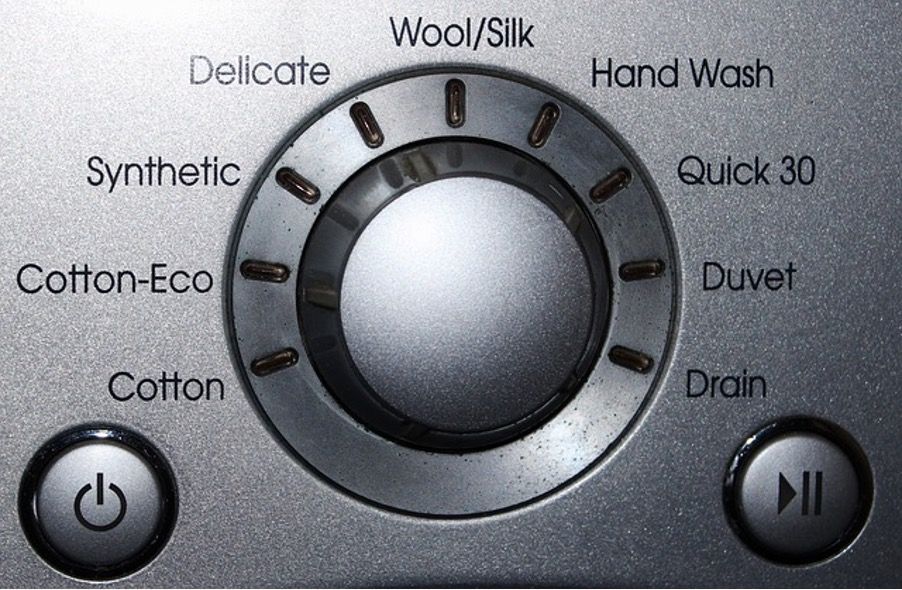Why you and your clients should be partners
I’m regularly raising the issue of the imbalance in the relationship between an accountant and their clients, highlighting the need to level it up.
It is not uncommon for an accountant to have to work hard to get a client to respond to requests and instructions, stick to timetables and accept charges. Equally, it’s not unusual for a client to expect instant responses, unplanned turnarounds and mind-reading capabilities.
Whilst generalisations, they’re behaviours that can be found in most firms if we’re being honest. We only have ourselves to blame. Historically, accountants have been averse to the thought of losing a client and rather timid in their management of them. This has led to a relationship that, in some cases, is much more akin to Master/Servant than we should be comfortable with. Clients, subconsciously at least, see us as fairly low down their list of priorities until they want something.
We talk a lot about wanting to be seen as partners in our clients’ businesses, sitting alongside them in a supportive and advisory capacity and being valued beyond our compliance role. What if we were to flip things around? What if we were to treat clients as partners in our accounting firms?
Think about the ideal relationship that you would have with a good partner:
- You share values and ethos
- You understand and respect each other
- The financial split is agreed and fair
- You work for the joint benefit and to benefit each other
- You support each other
- You share knowledge and information
- You keep each other informed and in the loop
- You progress together
That is a different list to seeing the client as a customer and so it gets us thinking differently about how we should be managing our client relationships.
- Are we clear enough in the communication of our values and ethos?
- Do we show understanding and respect and receive it in return?
- Do we ensure the fees charges and the methods of payment work for us as well as the client?
- Do we both benefit from the relationship in fair measure?
- Does the communication work both ways?
- Do we plan to progress together?
Let’s be honest, if a client is a good client and the right client then they will have little issue working with you on such a list. Only clients who do not value the relationship would resist and why should you work with them?
It’s our own behaviour that has created this imbalance and it is only our own behaviour that will now address it. We must be prepared to have the conversations needed to balance up the relationship, confident in the understanding that good clients, the right clients, will comfortably agree.
We must also be prepared to say goodbye to clients who do not recognise this list and so, don’t value the relationship with your firm. It is a brave step as it can impact on both top line and cash flow, I’m not naïve, but, how else are you going to free up your time to grow your business, reduce the frustrations and stress levels for you and your team and focus on the clients who deserve it?
I see firms take this step and benefit from it all the time. You can do too.
Good luck!



